
ACI Africa, May 25, 2024 / 08:00 am (CNA).
One of Africa’s — and the world’s — largest religious gatherings will take place on June 3 in Kampala, Uganda, and one group from Kenya has already begun its more than 200-mile pilgrimage to arrive for the yearly event.
Ugandan Martyrs Day this year will draw anywhere from 500,000 to millions of Catholics and other Christians from across the continent of Africa.
Pilgrims from the Nzoia Deanery of the Diocese of Kakamega are traveling to Uganda’s Namugongo Shrine, where the event takes place, bringing with them various prayer intentions — among them, “praying that more people may embrace, in faith and fidelity, the call of God in their respective lives,” according to ACI Africa, CNA’s news partner in Africa.
Blessed and sent off on Tuesday, May 21, by Father Columban Odhiambo, the parish priest of St. Joseph the Worker Kongoni Parish in the Kakamega Diocese, the pilgrims will cover 18-25 miles each day.

In an interview with ACI Africa, Odhiambo said the intention to pray for the growth of vocations to the priesthood, religious life, and marriage was inspired by a May 11 priestly ordination, which the Kenyan Deanery hosted at St. Mark’s Nzoia Parish in the Kakamega Diocese. Nine deacons were ordained priests — seven for the diocese and two for the Order of Friars Minor Capuchin (OFM Cap).
The long pilgrimage to Namugongo, Odhiambo said, “is simply a spiritual journey. The pilgrims have personal intentions, and some have been given intentions by their parishes” to be included in their collective prayer intention.
The Kenyan pilgrims, who are being accompanied by two priests, had an opportunity to participate in the sacrament of confession and Mass before embarking on their spiritual journey to Namugongo. Along the way, they will meet dozens of other faithful walking from the Kakamega Diocese and, together, about 150 of them “will sing, pray the rosary, pray the Chaplet of Divine Mercy, and will go to confession,” Odhiambo told ACI Africa.
The priest said the deanery’s pilgrimage group of 19 is the largest number so far to make the pilgrimage. “Last year, we only had three,” he said.

The Namugongo Shrine in Uganda is one of the most popular sites on the northeast edge of the Archdiocese of Kampala. It is the site where St. Charles Lwanga and his companions were burned alive by the order of King Mwanga II of the Buganda kingdom.
The Ugandan Martyrs’ Day dates back to the first decade of Christian presence in the East African nation when 45 men between the ages of 14 and 50 years old were killed between Jan. 31, 1885, and Jan. 27, 1887, because they would not renounce their faith.
Twenty-two of the martyrs were beatified in 1920 and canonized in 1964.
This article was originally published by ACI Africa, CNA’s news partner in Africa, and has been adapted by CNA.
If you value the news and views Catholic World Report provides, please consider donating to support our efforts. Your contribution will help us continue to make CWR available to all readers worldwide for free, without a subscription. Thank you for your generosity!
Click here for more information on donating to CWR. Click here to sign up for our newsletter.




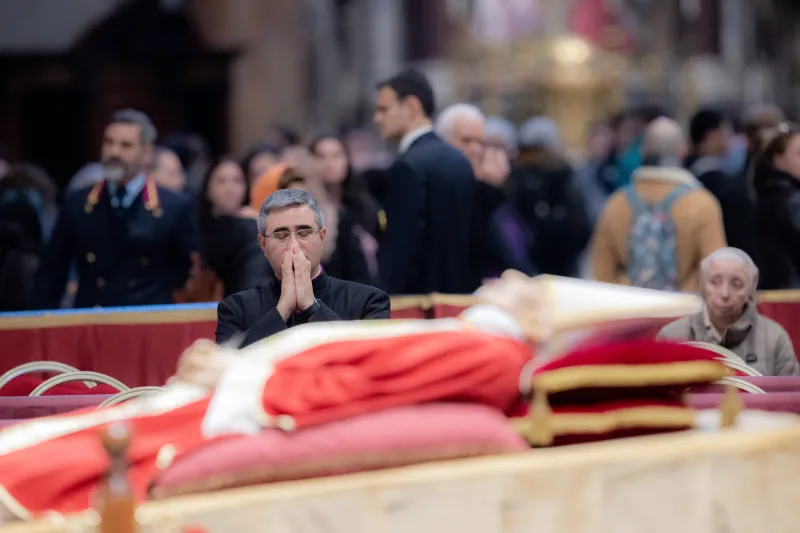
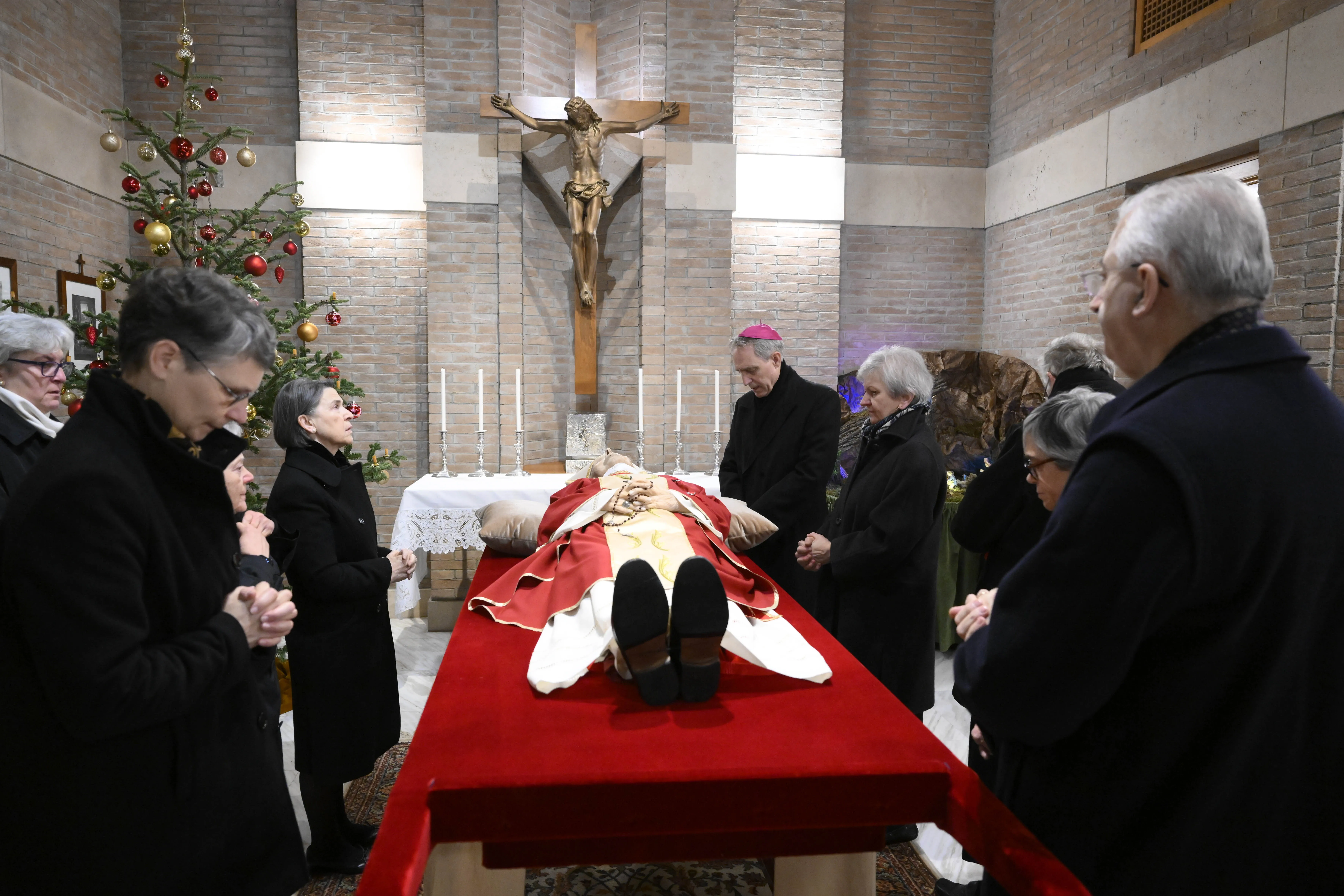
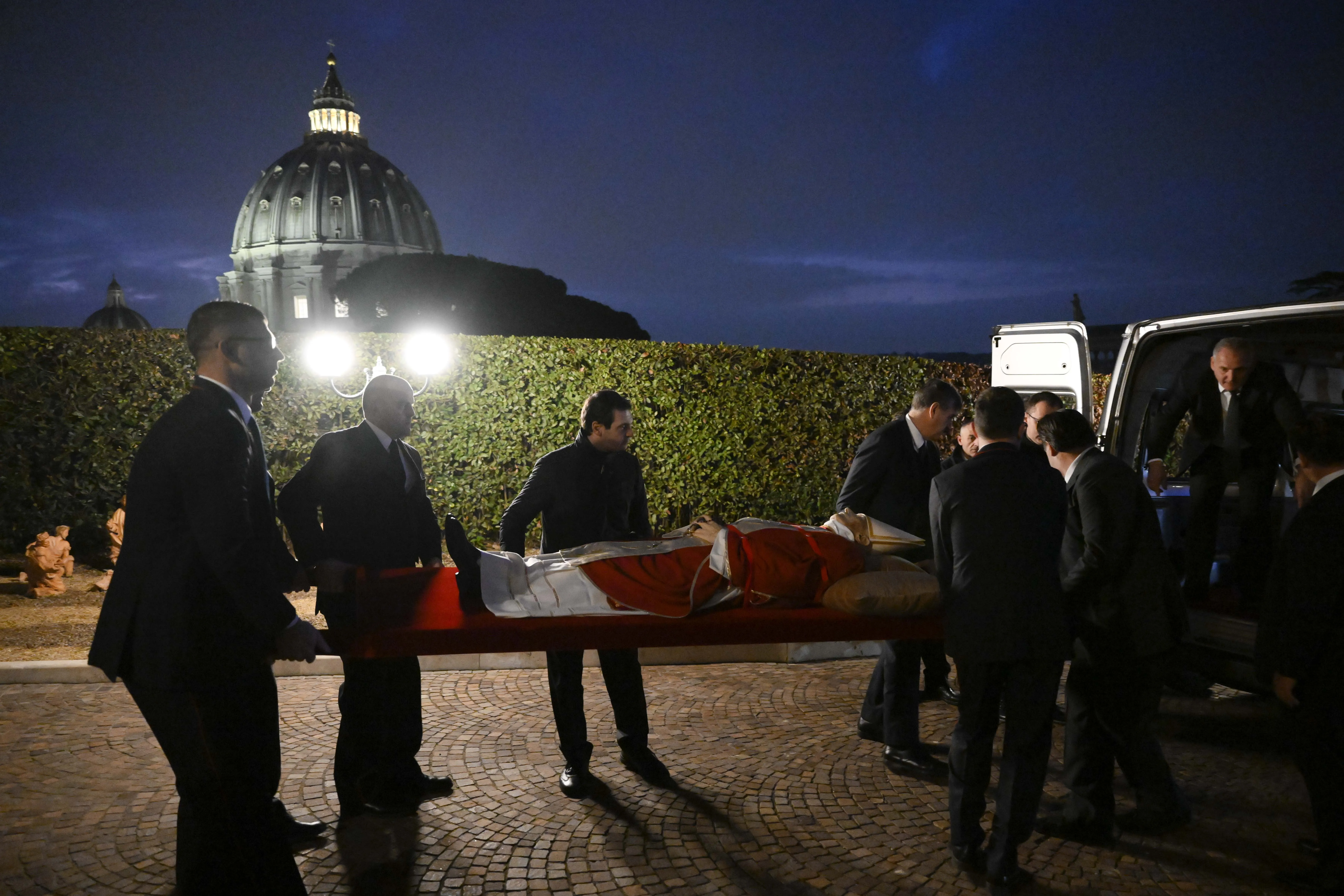
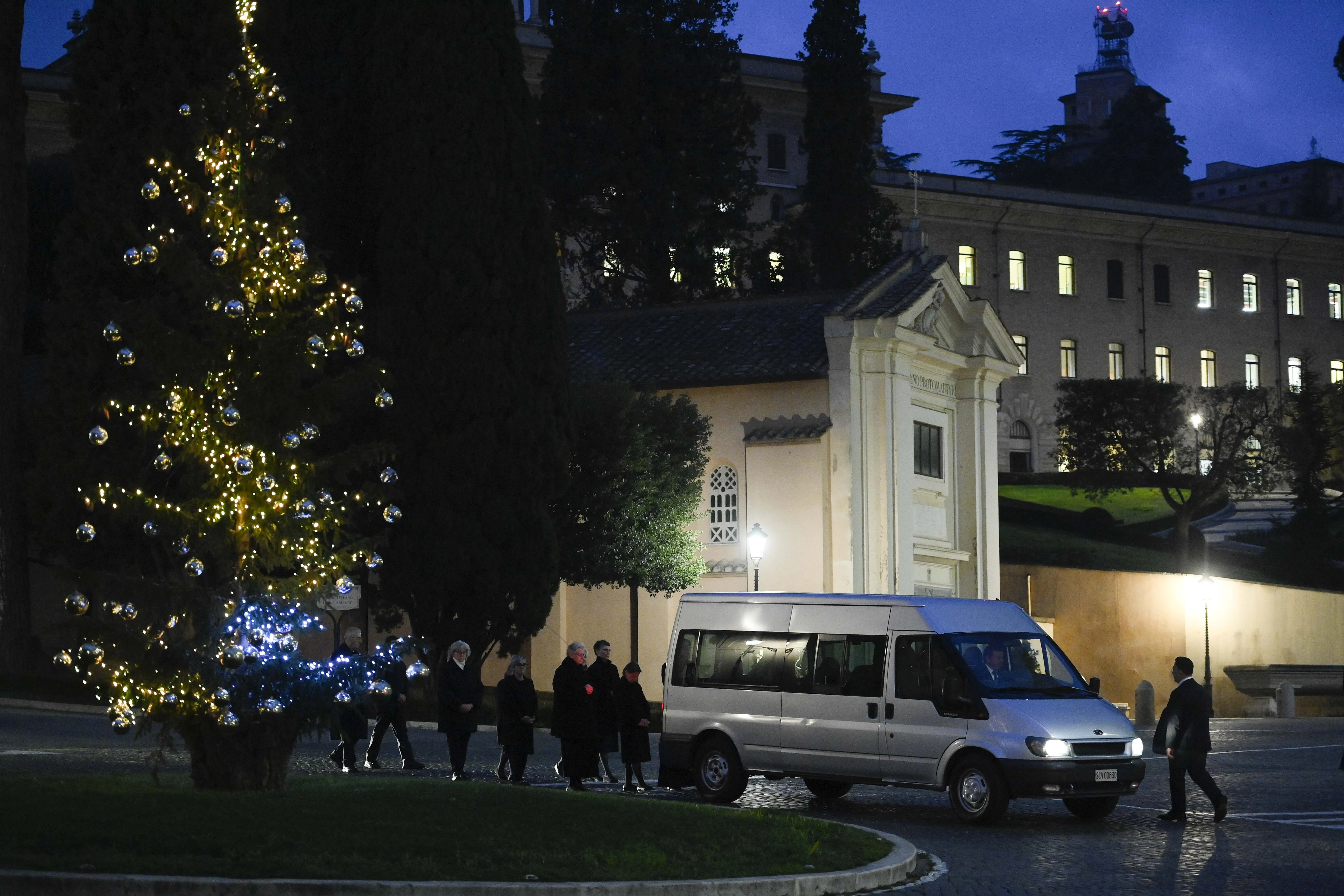
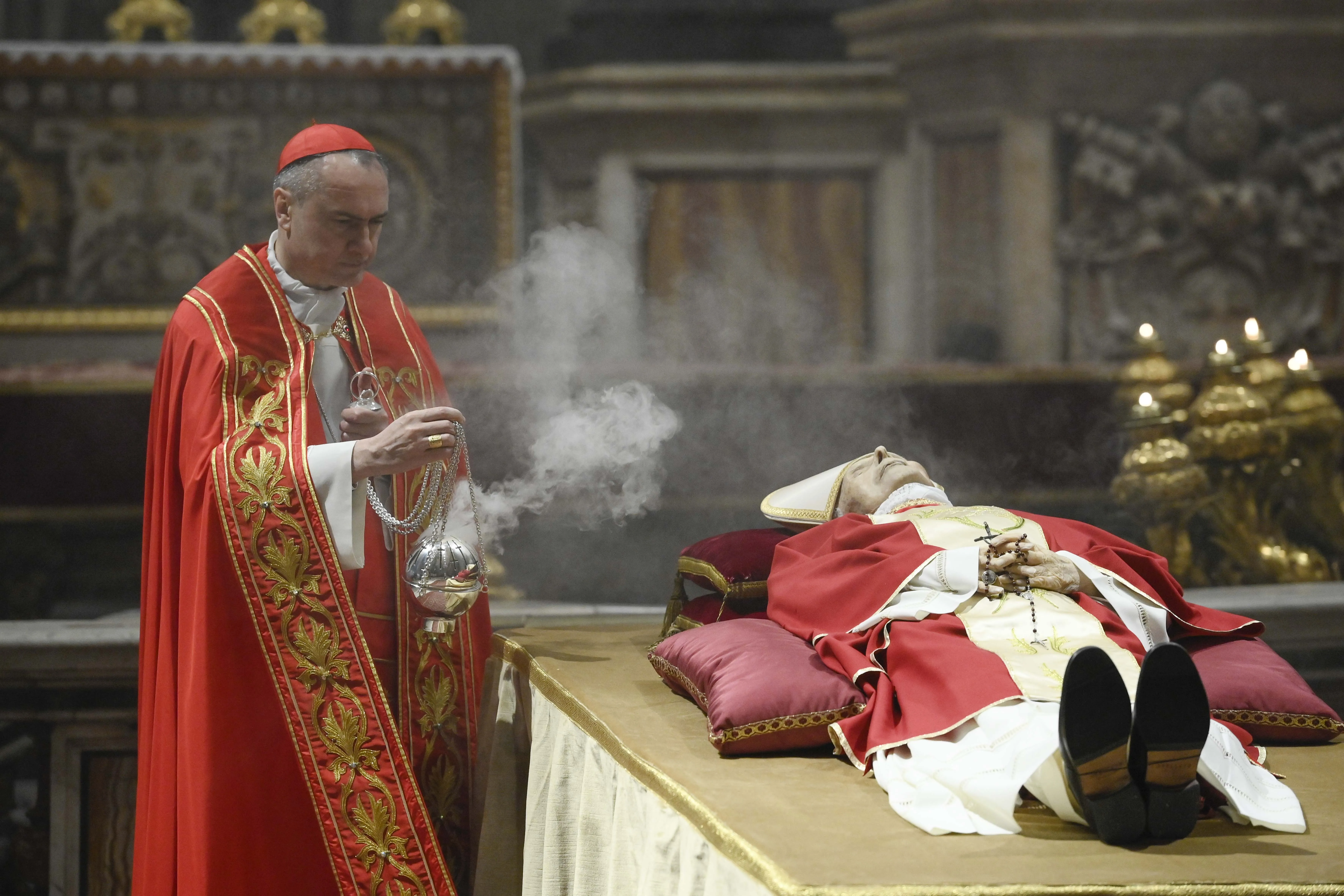
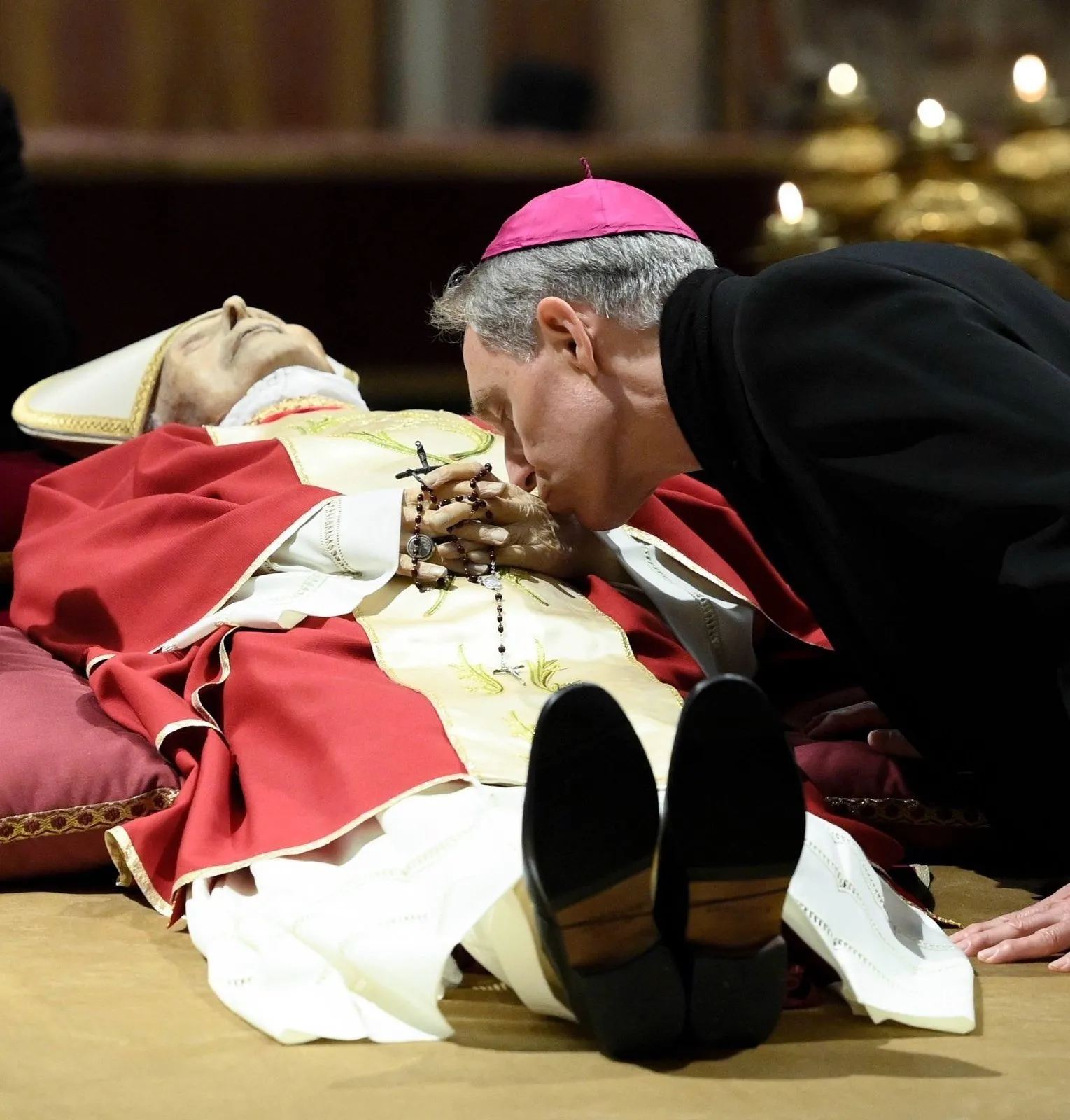
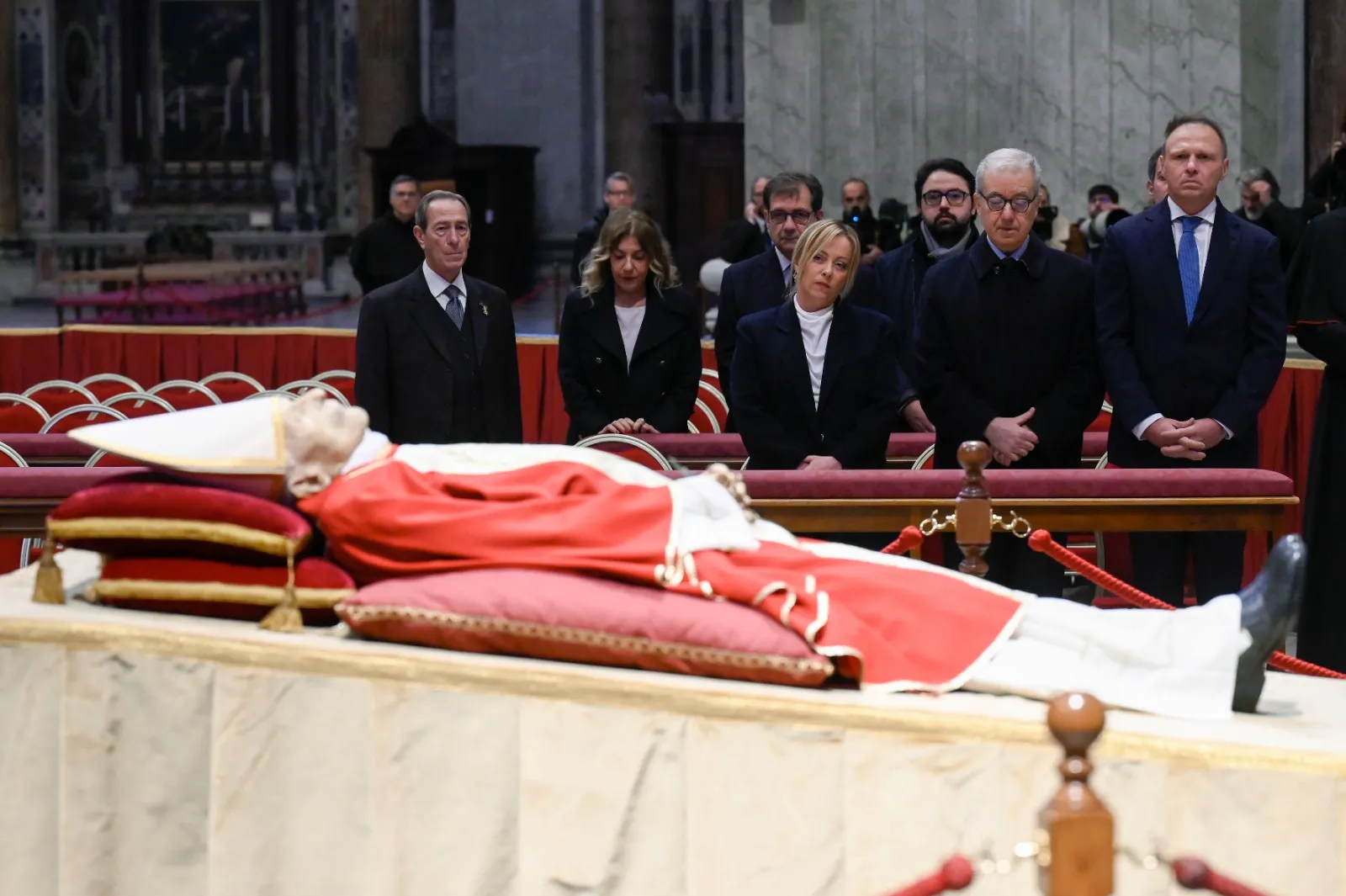
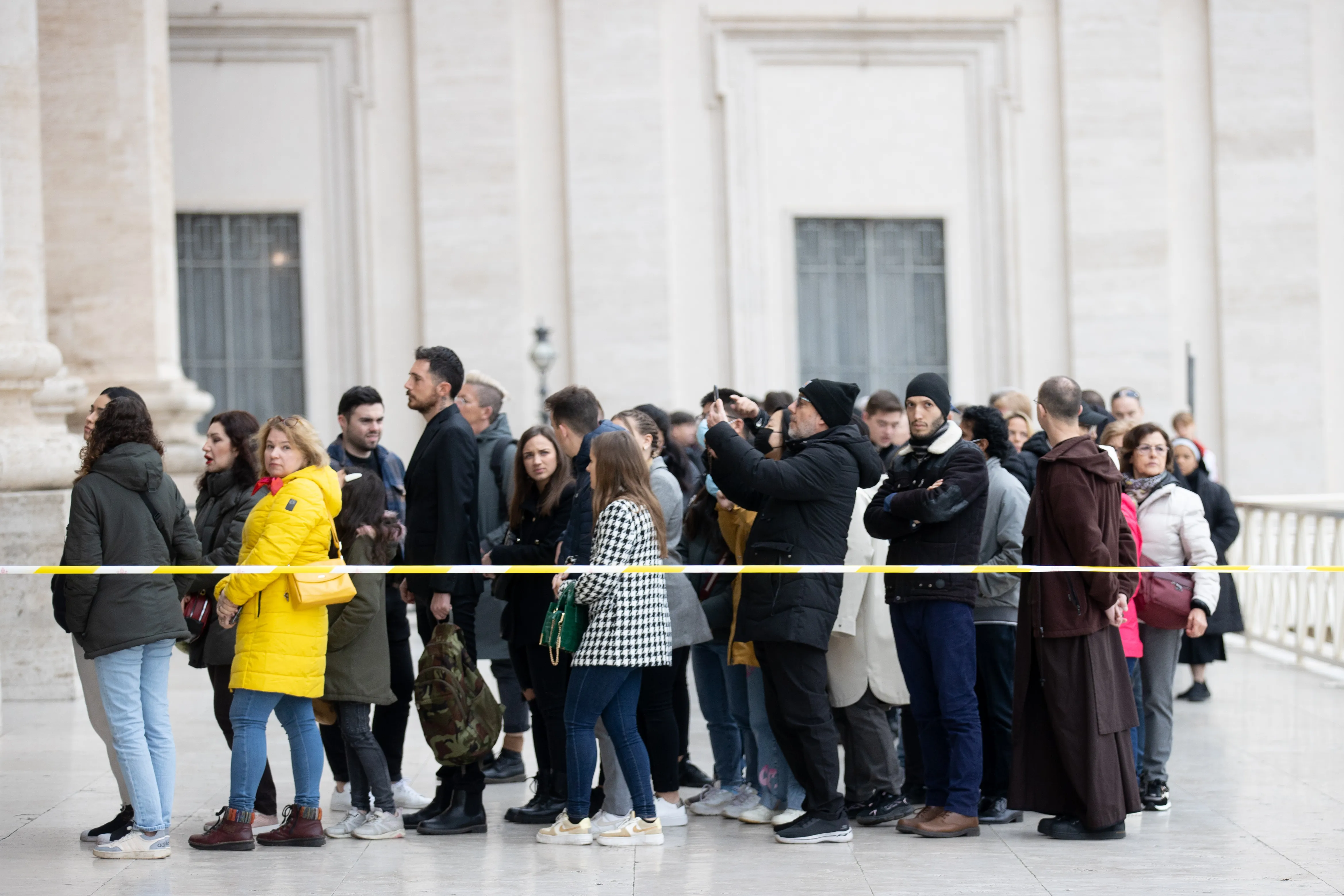
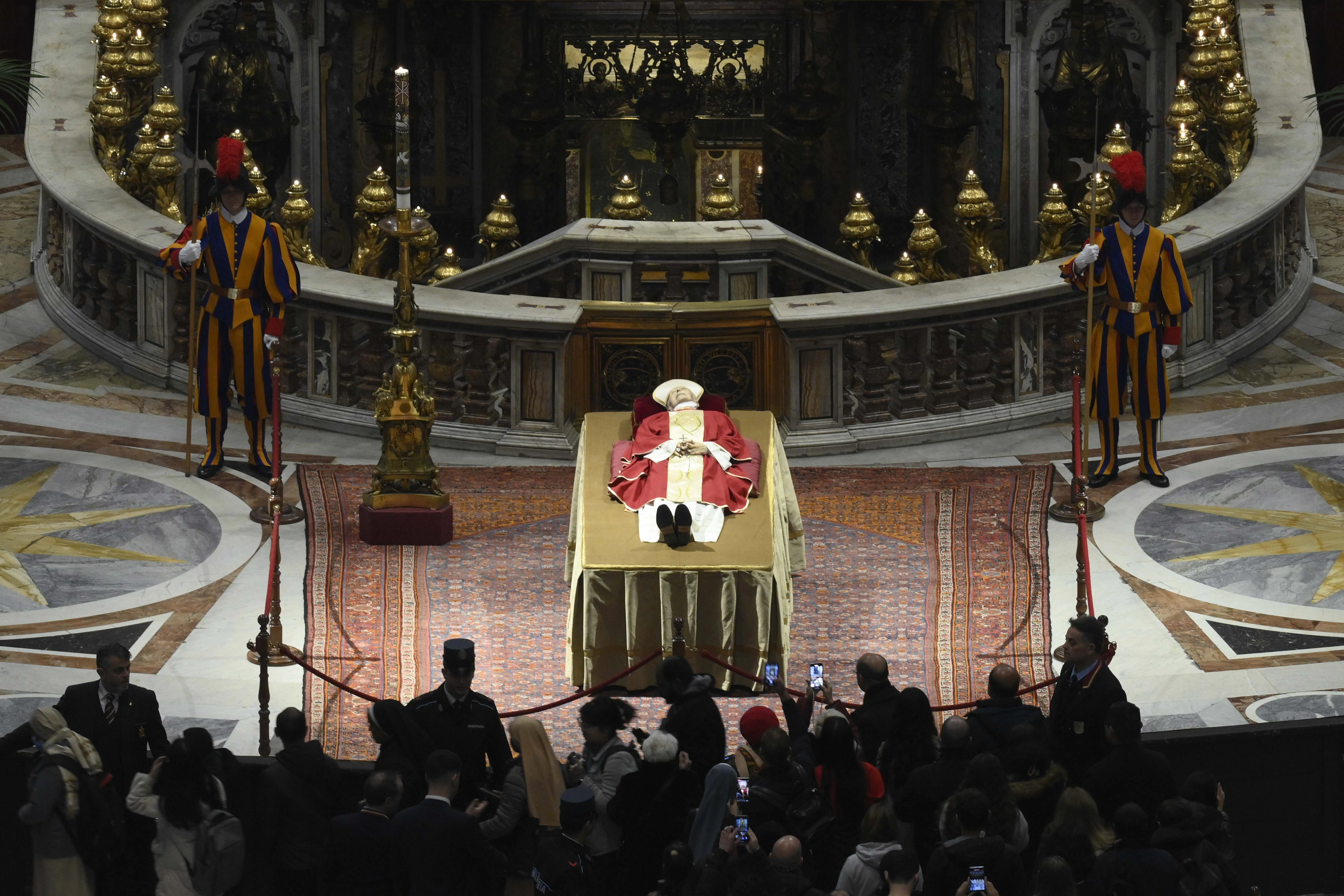
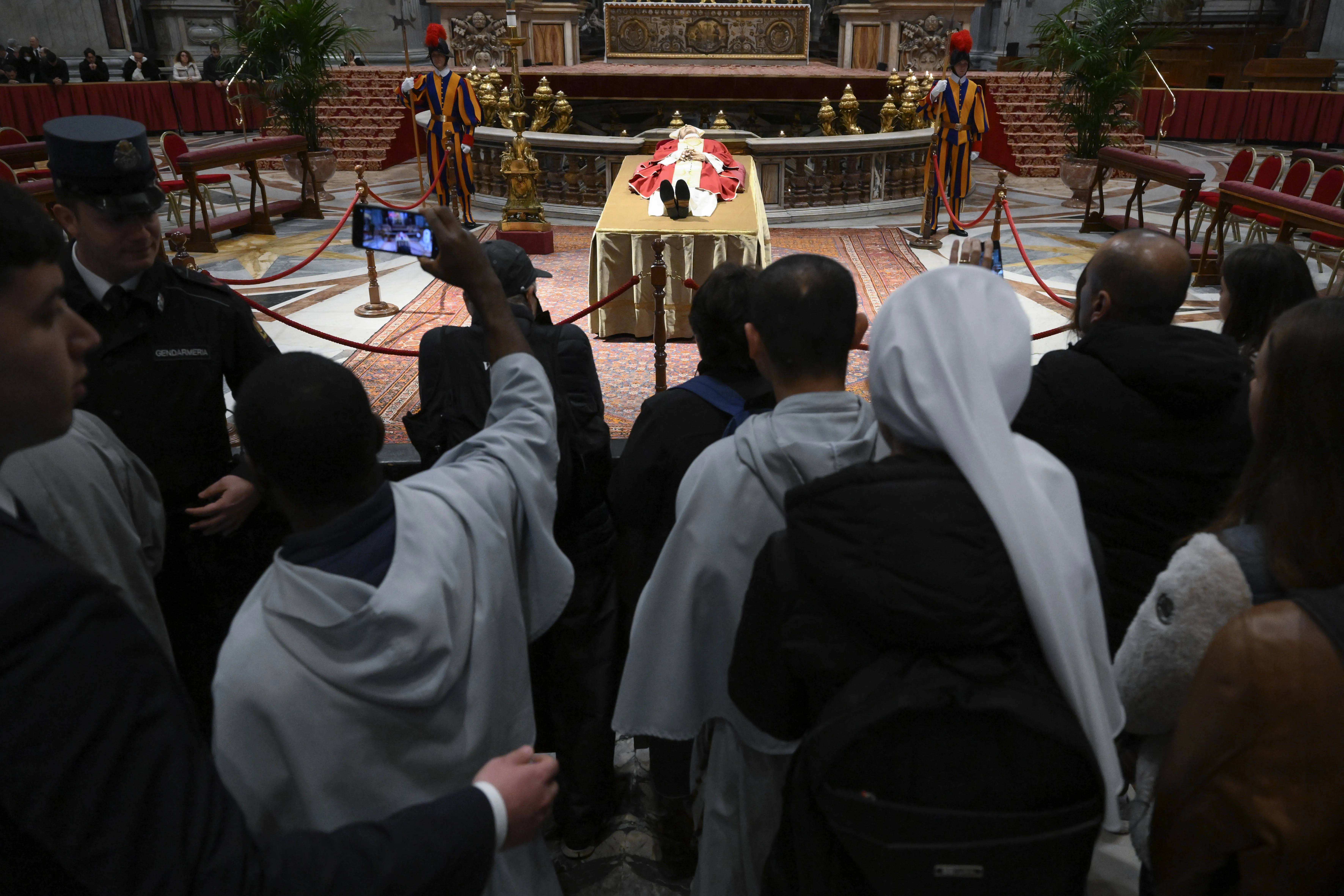
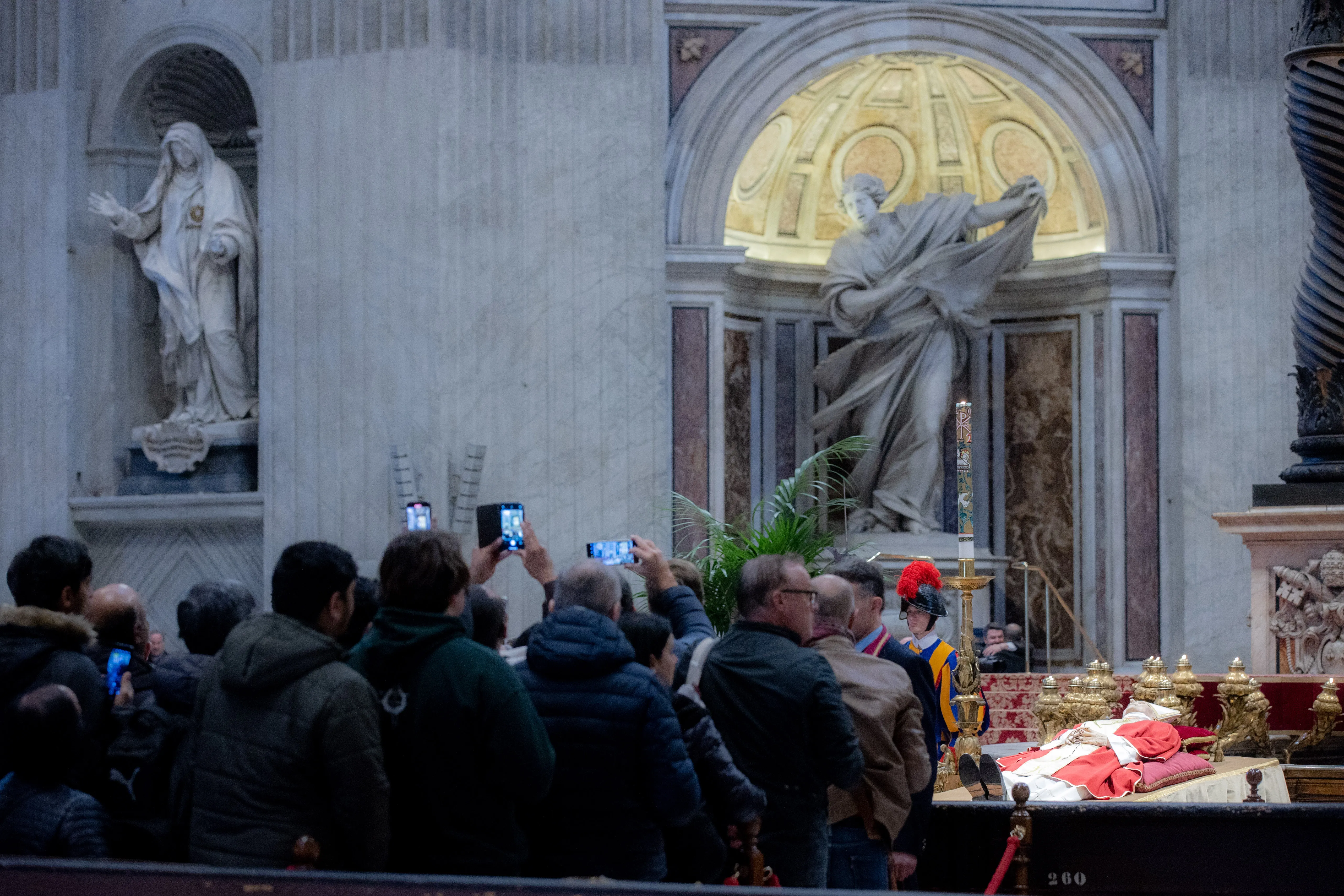
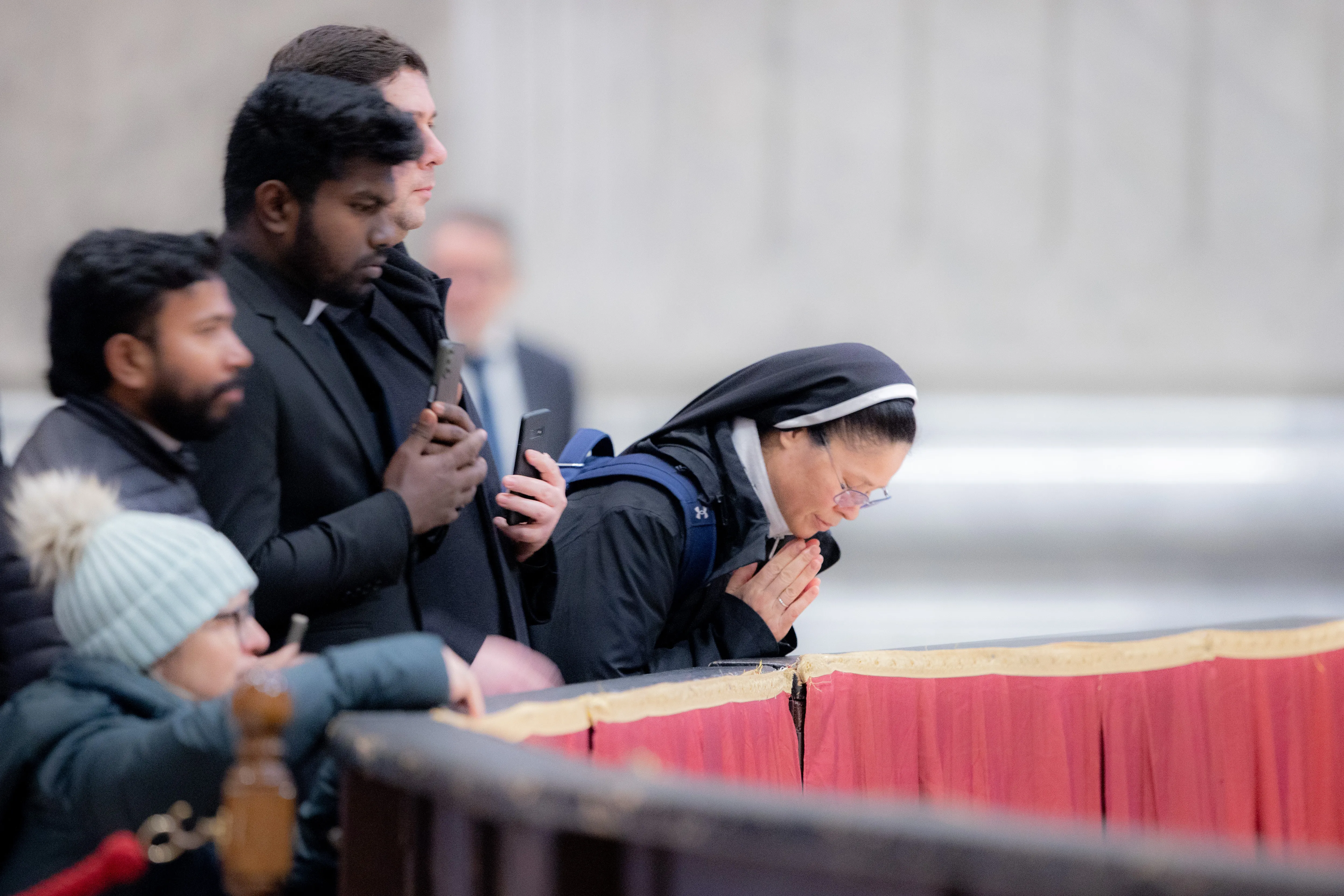
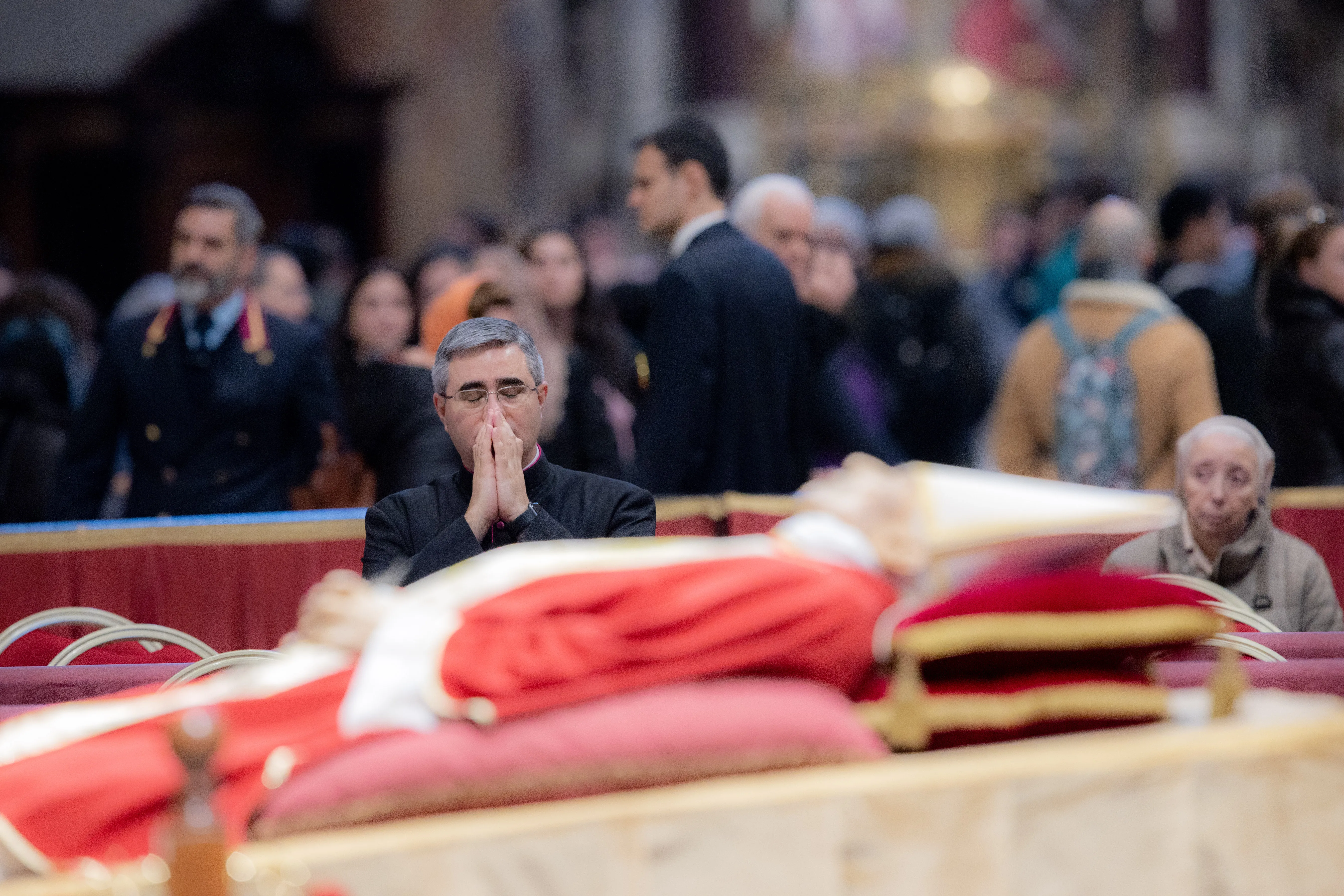
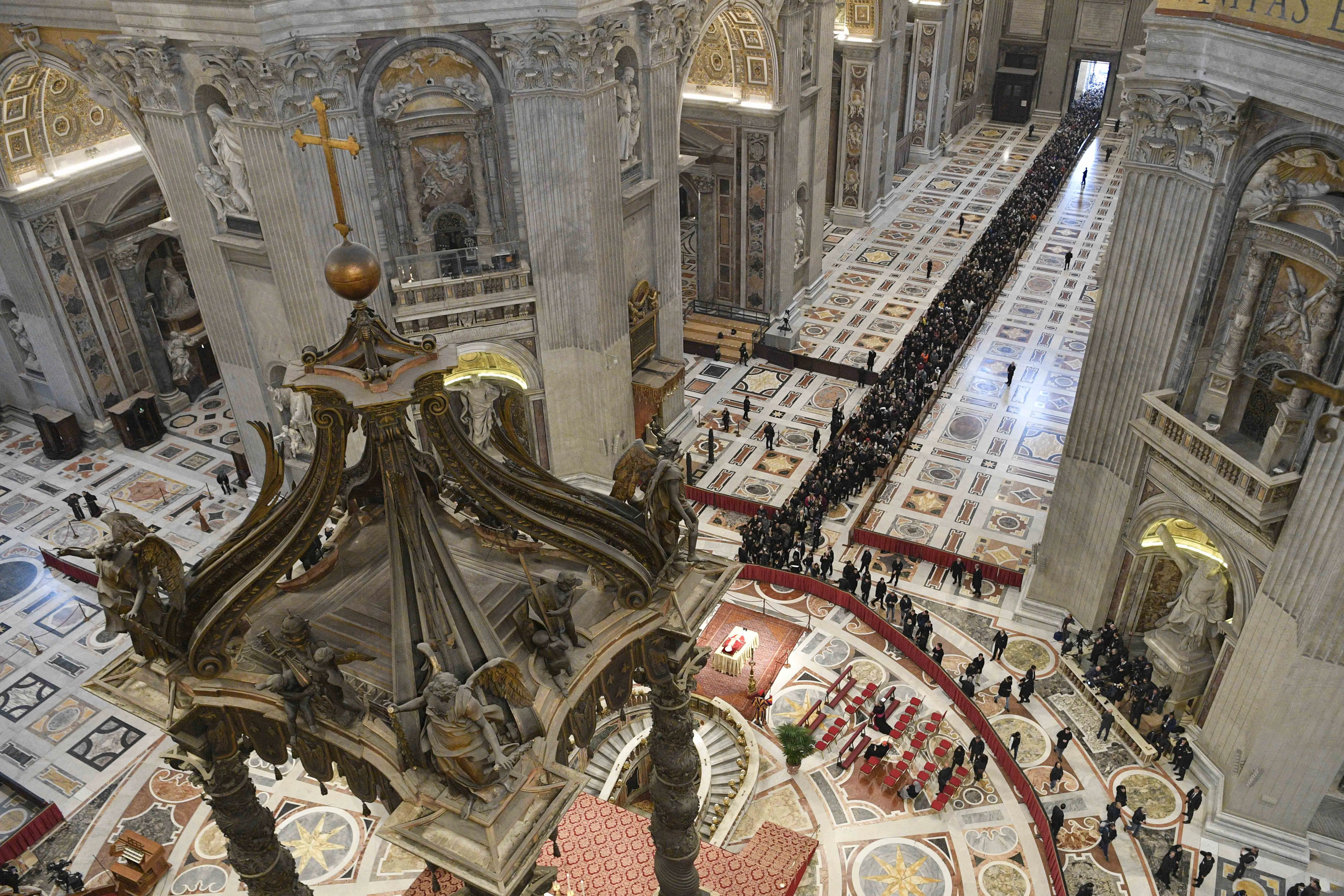
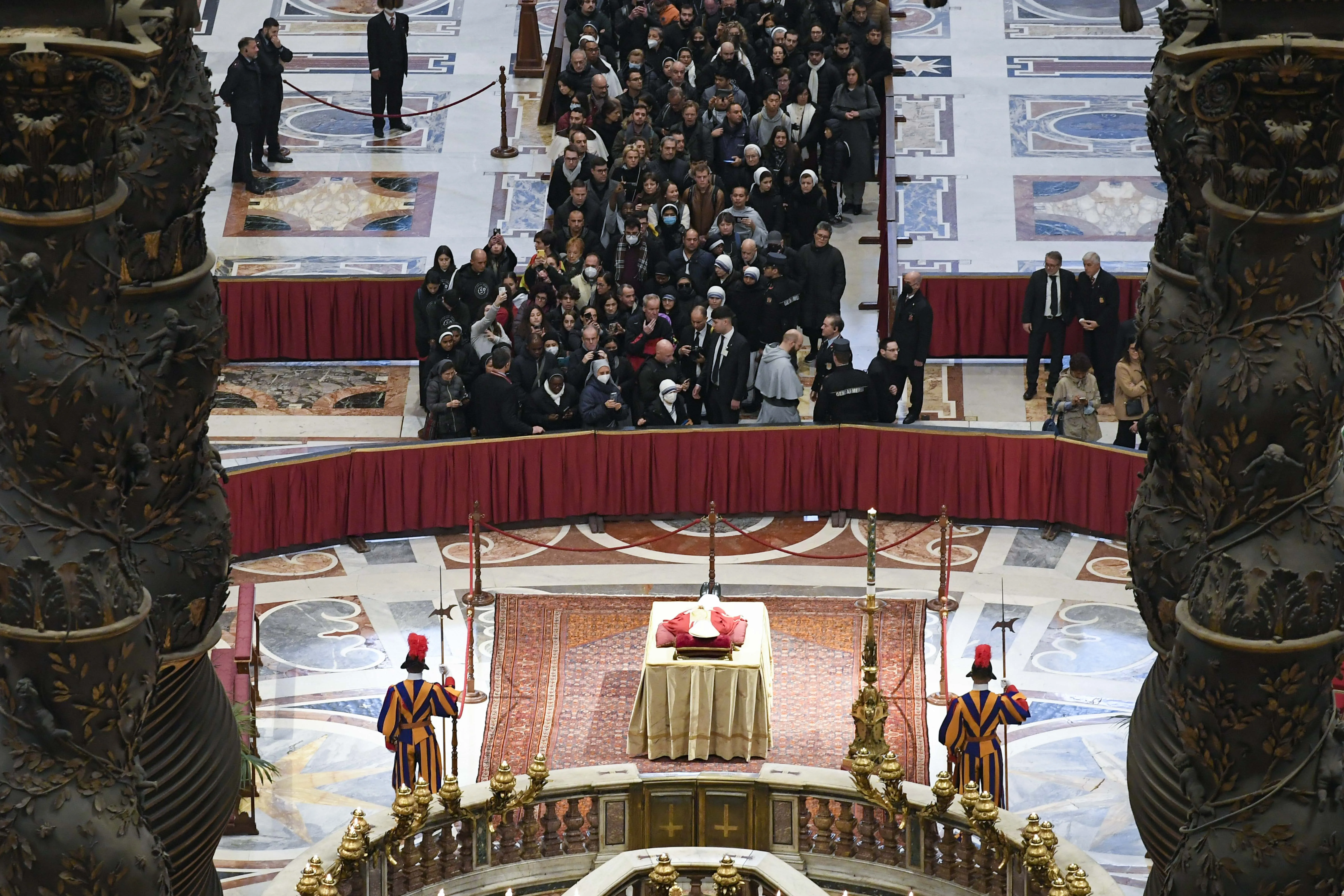
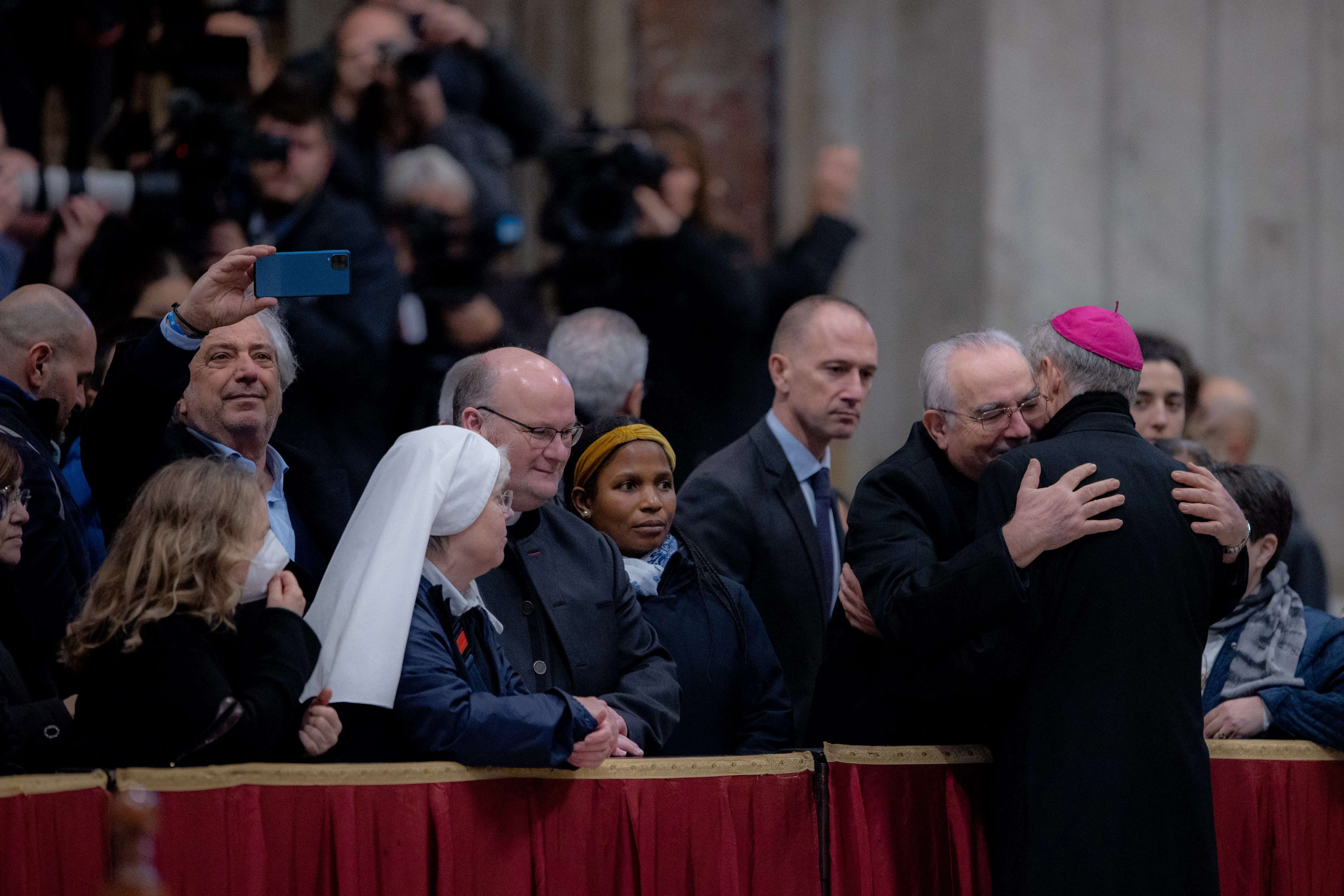
I thought these men were martyred on account of their refusal to submit to the sexual desires of that king. If so, why was there no mention of the depravity involved?
I thought it was odd, too.
No mention for the same reason Paul’s Romans 1:1 is virtually omitted from liturgical reference, that clergy rarely if ever repudiate from the pulpit attempts to normalize homosexuality [either for lack of conviction or fear], why our bishops rarely if ever instruct their priests to be sure to instruct the laity on what the Catechism teaches regarding homosexual acts, all of which indicates the prominence of prelates who seek to accommodate homosexuality, that there’s a continued effort evident in the agenda of the Synod on Synodality to change Church Apostolic doctrine and declare consensual homosexual relationships a moral good.
King Mwanga [Uganda] was homosexualized by Arab slave traders who introduced him to hashish and homosexual behavior. This was the earlier account that was available, that’s consistent with what I learned from missionaries and African clergy when in Africa.